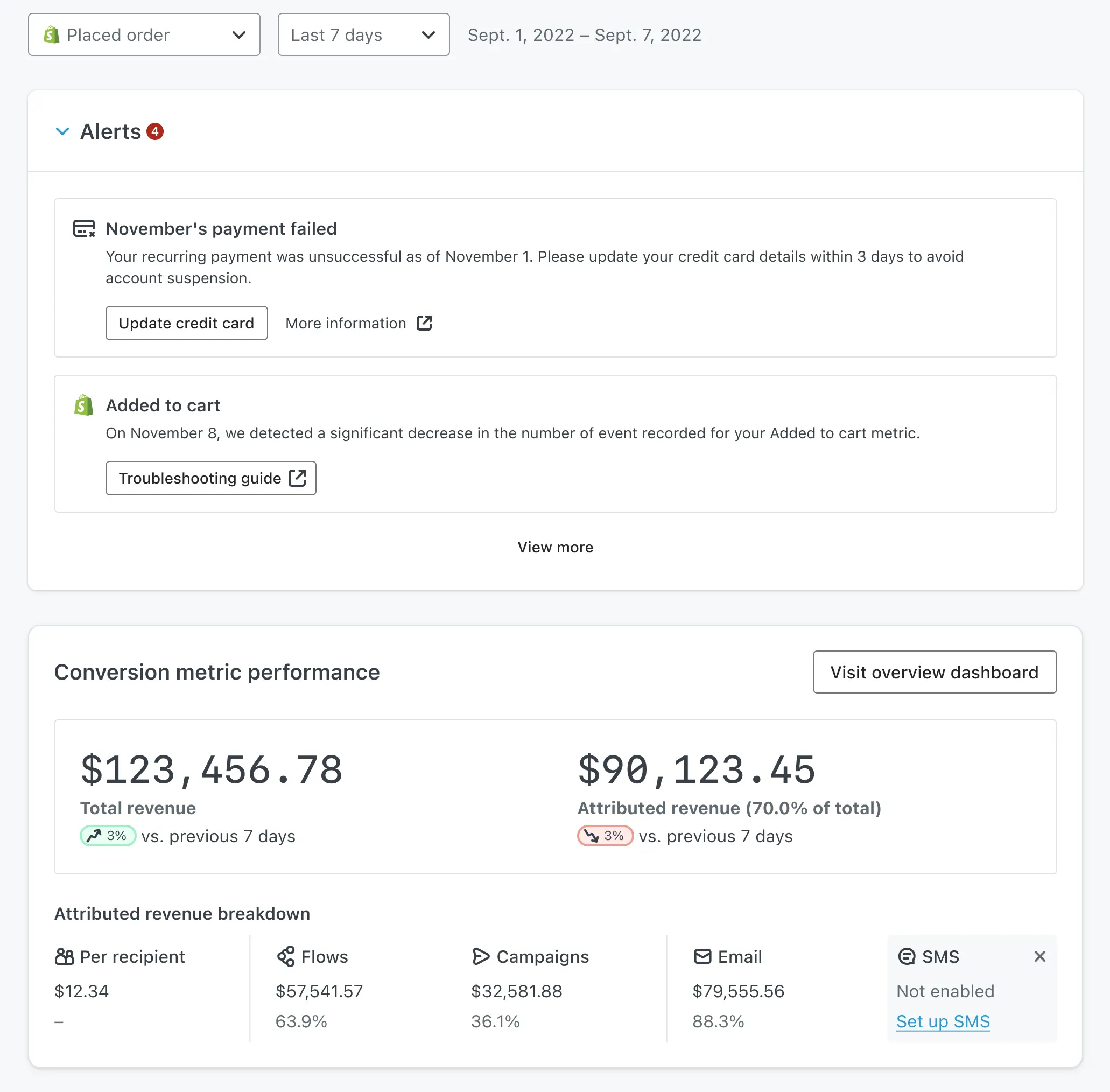Alternatives to Gorgias
1. HubSpot AI Content Assistant
+Pros
- CRM-content workflow integration providing unified dashboards and native analytics connectivity for existing HubSpot users.
- Customer evidence demonstrates measurable outcomes including 25% lower cost per lead through LinkedIn integration and 10% referral traffic lift through content repurposing capabilities.
-Cons
- Visual design customization capabilities compared to specialized platforms, with user reviews noting image customization constraints.
- Specialized platforms outperform HubSpot in specific areas, with Jasper delivering superior long-form content drafting and Predis.ai excelling in visual content quality[research context].
One highlighted feature and why it's amazing
Core product features center on integrated content generation through slash commands (/generate) and text highlighting across email, blog, landing page, and CTA editors within the HubSpot ecosystem.

Another highlighted feature of why it’s amazing
The platform provides tone adjustment options including Friendly, Professional, and Witty styles, enabling brand voice consistency across generated content types.
2. Klaviyo
+Pros
- Unified marketing automation combining email, SMS, and review management with AI-powered personalization .
- Deep Shopify integration providing automated data sync and behavioral tracking .
- Proven ROI delivery across multiple customer implementations .
-Cons
- Implementation complexity despite moderate technical ratings .
- Active profile billing methodology can penalize businesses with large but inactive customer databases .
- 90-day 'suppression jail' limits reactivation of unengaged contacts .
One highlighted feature and why it's amazing
Transforms audience building from manual rule configuration to natural language interaction, enabling complex behavioral targeting without requiring technical expertise .

Another highlighted feature of why it’s amazing
Generate personalized content while maintaining brand voice consistency through machine learning models trained on existing brand communications .
3. Microsoft Dynamics 365 Customer Engagement
+Pros
- Microsoft ecosystem integration provides unified data synthesis across Power BI, Azure, and Teams.
- Generative AI through Copilot enables automated knowledge article generation and marketing content creation.
- Proven customer outcomes include 35% customer satisfaction increases and 20% operational cost reductions within implementation timeframes.
-Cons
- Navigation complexity consistently noted by users, requiring 200+ hours of staff training for optimal utilization.
- ERP-CRM synchronization failures represent significant implementation risks that can cause order mismanagement and customer experience disruption.
- Budget constraints may challenge smaller revenue ecommerce businesses, with $65-195/user/month pricing plus 25-40% AI add-on premiums positioning the platform in the premium segment.
One highlighted feature and why it's amazing
Comprehensive customer lifecycle management with unified customer data across all touchpoints. The platform provides lead scoring systems that analyze historical customer behavior to prioritize high-intent prospects, while sentiment analysis evaluates customer interactions across email and social channels to trigger real-time interventions.

Another highlighted feature of why it’s amazing
Represents D365 CE's primary differentiator through Copilot integration for generative AI capabilities. The platform enables automated knowledge article generation from case resolutions and marketing content creation, providing content capabilities many competitors lack.
Other Alternatives
Pipedrive
Salesforce Commerce Cloud
Shopify CRM & Analytics Suite
How We Researched This Guide
About This Guide: This comprehensive analysis is based on extensive competitive intelligence and real-world implementation data from leading AI vendors. StayModern updates this guide quarterly to reflect market developments and vendor performance changes.
212+ verified sources per analysis including official documentation, customer reviews, analyst reports, and industry publications.
- • Vendor documentation & whitepapers
- • Customer testimonials & case studies
- • Third-party analyst assessments
- • Industry benchmarking reports
Standardized assessment framework across 8 key dimensions for objective comparison.
- • Technology capabilities & architecture
- • Market position & customer evidence
- • Implementation experience & support
- • Pricing value & competitive position
Research is refreshed every 90 days to capture market changes and new vendor capabilities.
- • New product releases & features
- • Market positioning changes
- • Customer feedback integration
- • Competitive landscape shifts
Every claim is source-linked with direct citations to original materials for verification.
- • Clickable citation links
- • Original source attribution
- • Date stamps for currency
- • Quality score validation
Analysis follows systematic research protocols with consistent evaluation frameworks.
- • Standardized assessment criteria
- • Multi-source verification process
- • Consistent evaluation methodology
- • Quality assurance protocols
Buyer-focused analysis with transparent methodology and factual accuracy commitment.
- • Objective comparative analysis
- • Transparent research methodology
- • Factual accuracy commitment
- • Continuous quality improvement
Quality Commitment: If you find any inaccuracies in our analysis on this page, please contact us at research@staymodern.ai. We're committed to maintaining the highest standards of research integrity and will investigate and correct any issues promptly.